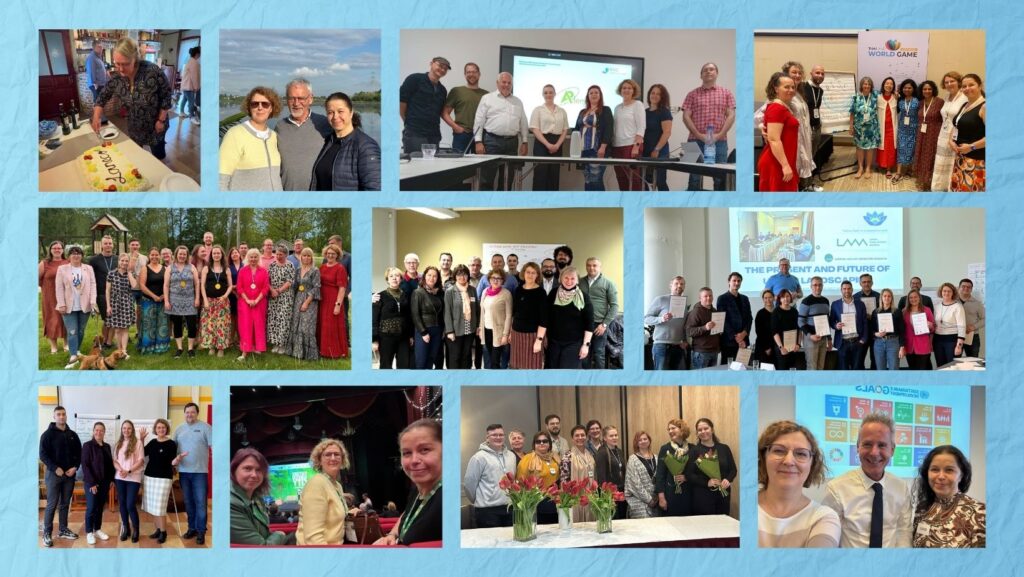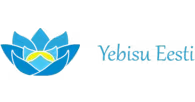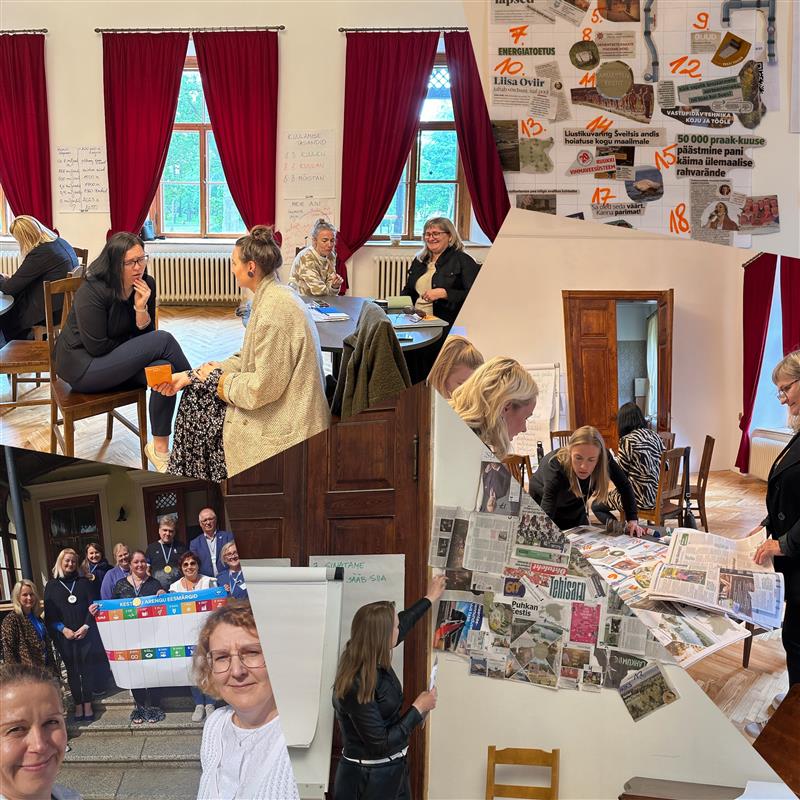Projektid ja rahvusvaheline koostöö
Siit leiad ülevaate meie süvendatud koolitustest, coachingu programmidest ja rahvusvahelisest koostööst. Meie “projektid” on kohandatud algatused, mis on loodud spetsiifiliste eesmärkide saavutamiseks kutsehariduse, maastikukujunduse ja kutseõpetajate arendamise valdkondades.
Projektide k?rval saad tutvuda ka meie coachingu ja juhtimiskoolituste ning arenguprogrammide lahendustega.

Meie lähenemine ühendab sügava valdkonnaekspertiisi laiapõhjalise perspektiiviga, mis võimaldab meil leida ja pakkuda kõige tõhusamaid lahendusi keerukatele väljakutsetele. Pidevalt arenevas maailmas ei ole parimad vastused harva kõige ilmsemaid – need nõuavad värsket mõtlemist, kohanemisvõimet ja valmisolekut vaadata kaugemale tuttavast. Meie missioon on toetada sinu arengut ja pakkuda tulemuspõhiseid lahendusi.

